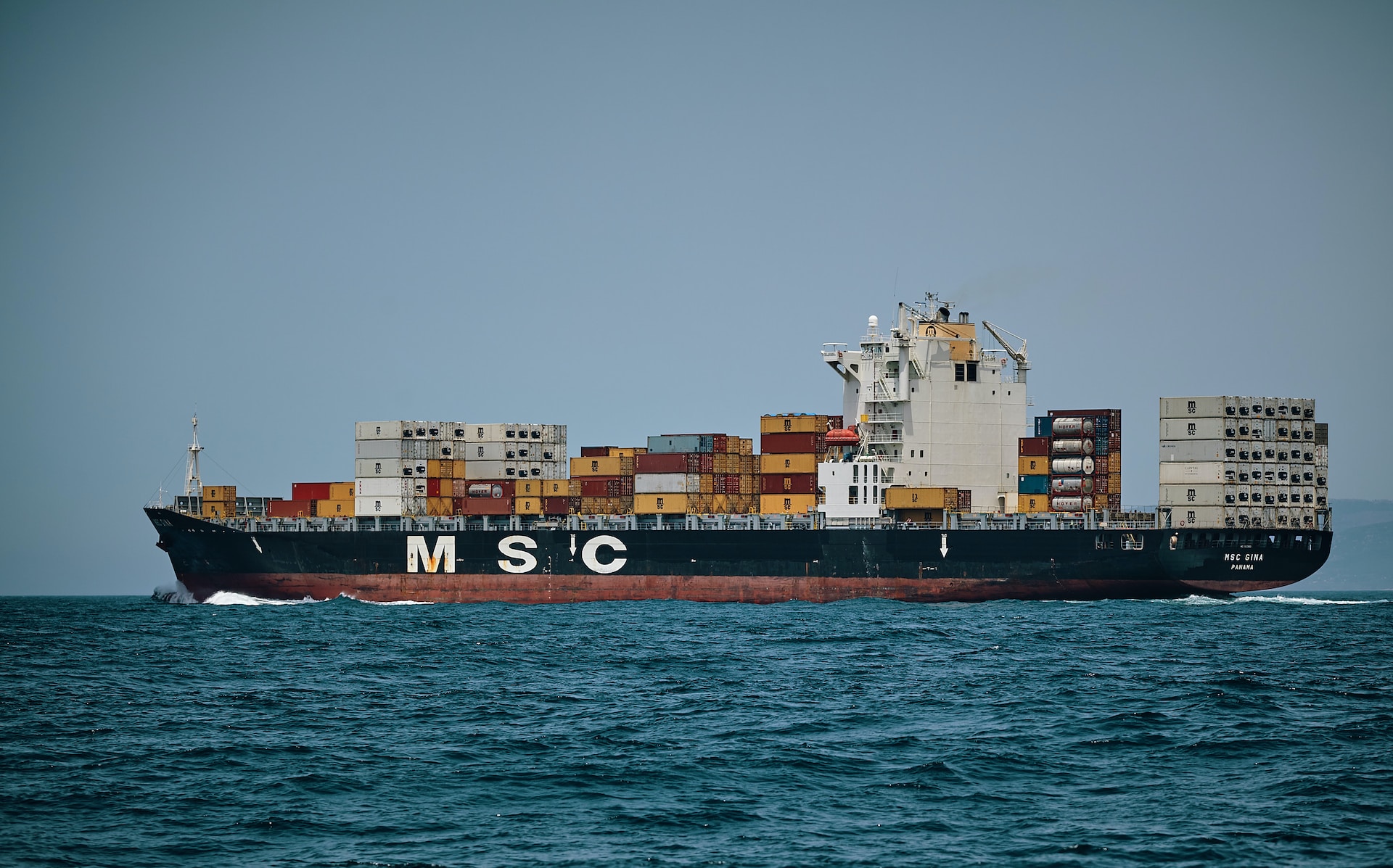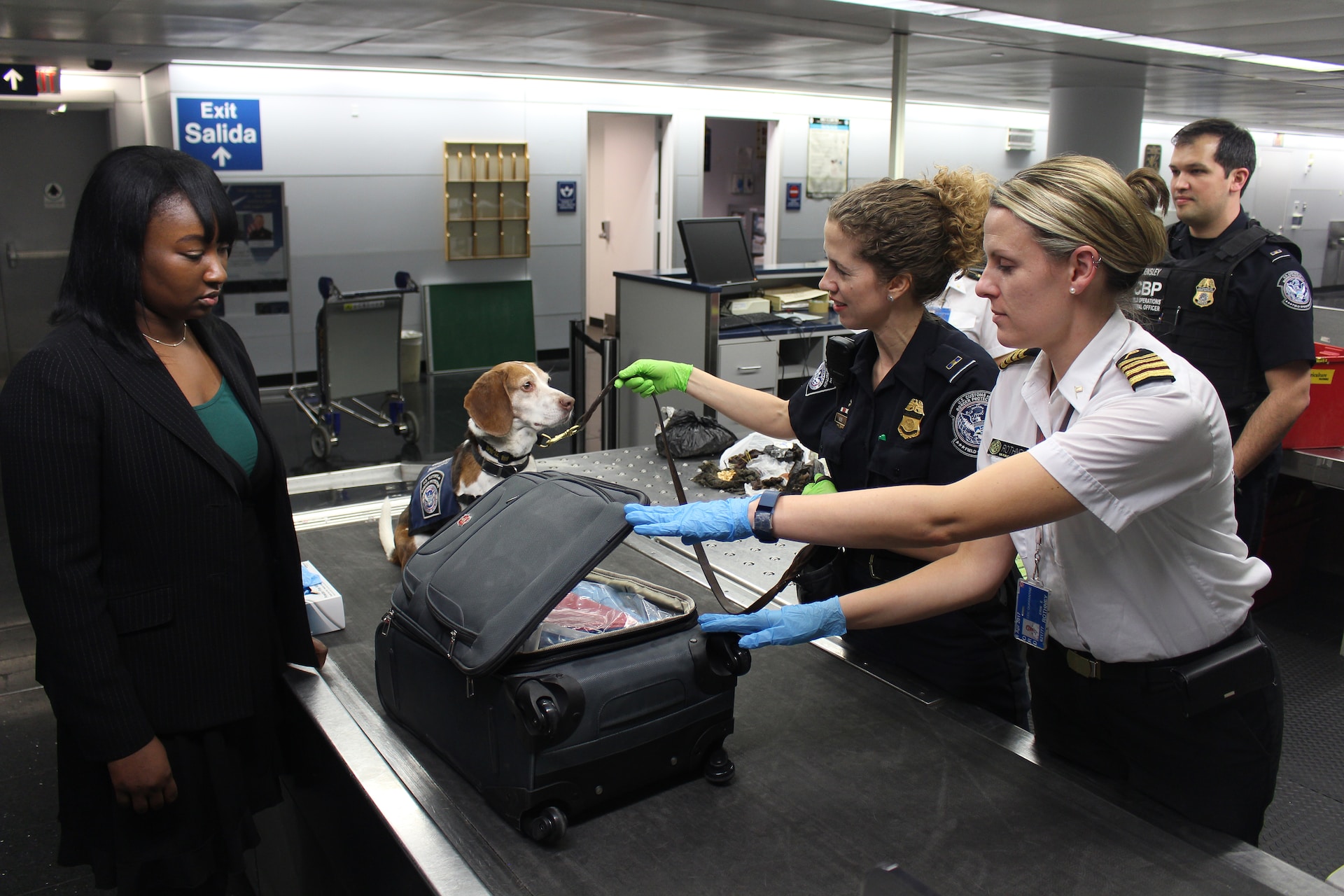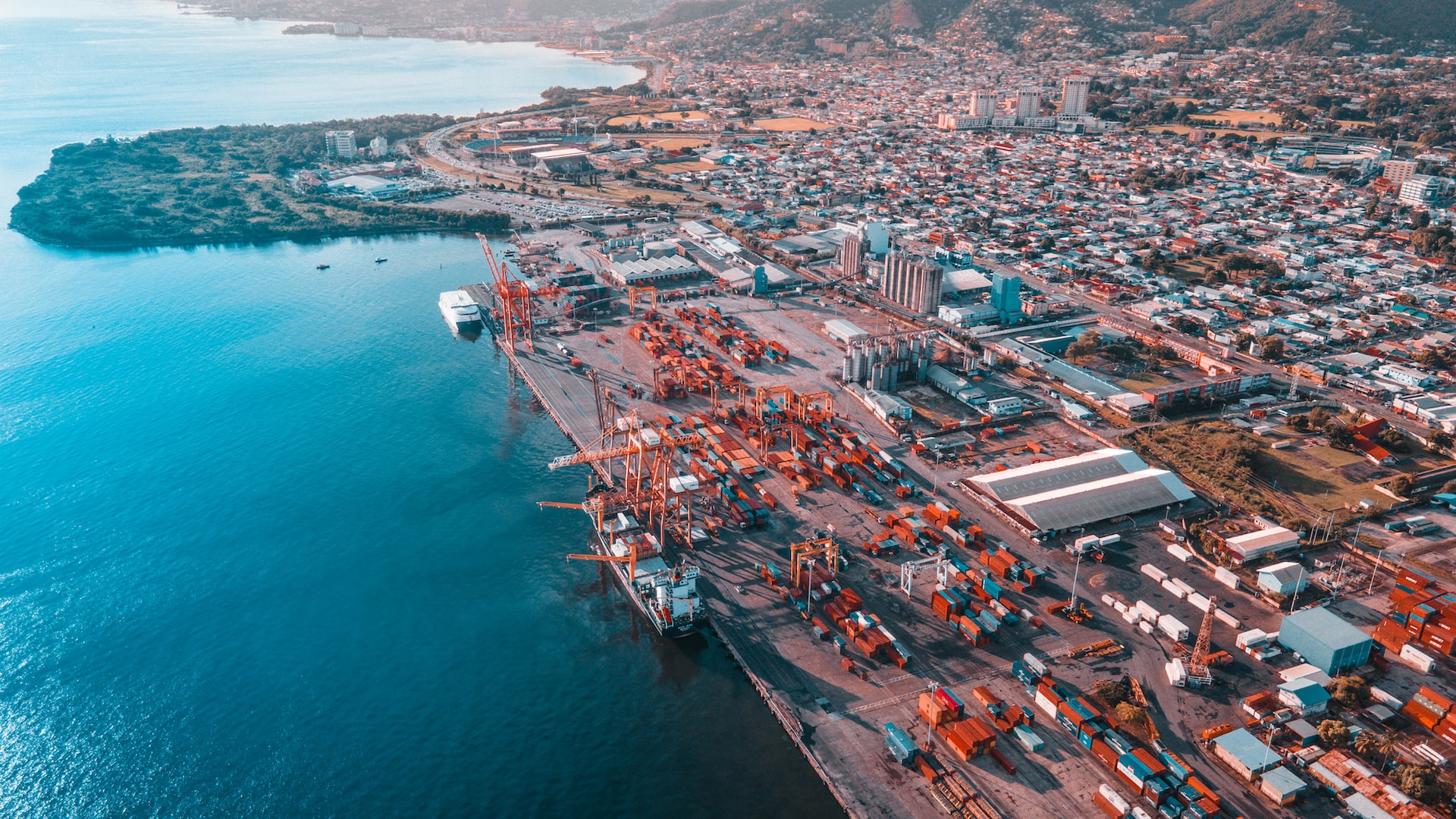Shipping spares in transit globally involves coordinating the timely and secure transportation of essential ship components or spare parts through international logistics networks. This process ensures that vessels can quickly receive necessary replacements, minimizing downtime and maintaining maritime operational efficiency. Effective coordination and documentation are crucial for smooth transit and prompt delivery.

Air freight refers to the transportation of goods by aircraft, offering a swift and time-sensitive logistics solution. It is characterized by high-speed deliveries, making it ideal for perishable, time-critical, or high-value shipments. Air freight involves a network of airlines, airports, and ground services to facilitate the rapid and efficient movement of cargo across national and international borders.

Sea freight, also known as ocean freight, is the transportation of goods via cargo ships across bodies of water, such as oceans and seas. It is a cost-effective method for transporting large volumes of goods over long distances. Sea freight involves the use of shipping containers to secure and protect the cargo during transit. This mode of transportation is suitable for various types of goods, including bulk commodities and manufactured products, and plays a vital role in global trade and supply chain logistics.

Customs clearance is the process of completing the necessary formalities and documentation required by customs authorities to facilitate the import or export of goods across international borders. It involves submitting the required paperwork, such as invoices, packing lists, and customs declarations, and paying any applicable duties or taxes. Customs clearance ensures compliance with regulations and allows goods to move legally from one country to another. Efficient customs clearance is crucial for the smooth flow of international trade and logistics.

Land freight, also known as road or trucking freight, involves the transportation of goods over land using trucks, lorries, or other road vehicles. This mode of freight transportation is versatile and suitable for various types of cargo, providing door-to-door delivery services. Land freight plays a crucial role in connecting different regions and is particularly effective for short to medium-distance transport within a country or across neighboring countries. It involves a network of highways, roads, and distribution centers, contributing to the overall efficiency of the supply chain.

Warehousing refers to the systematic process of storing, managing, and organizing goods within a designated facility known as a warehouse. Warehouses serve as intermediate points in the supply chain, facilitating the efficient storage and distribution of products. These facilities often employ various technologies and logistical strategies to optimize inventory control, order fulfillment, and overall operational efficiency. Warehousing is a crucial component of the supply chain, ensuring that products are stored securely, easily accessible, and ready for timely delivery to meet customer demands.


Project logistics involves the planning, coordination, and execution of complex and large-scale projects that require the movement of specialized equipment, materials, and personnel. This field of logistics is characterized by its focus on unique, time-sensitive, and often high-value endeavors such as construction projects, industrial installations, or events. Project logistics professionals manage the transportation, storage, and distribution of goods, ensuring that all components of the project are delivered on time and in the right sequence. This may include coordination with various stakeholders, customs clearance, and overcoming challenges related to the size, weight, or specific requirements of the project cargo. Effective project logistics is critical for the success of major undertakings across different industries.

Worldwide Client
Worldwide Branche
Expert Company Staffs
Successful Delivery